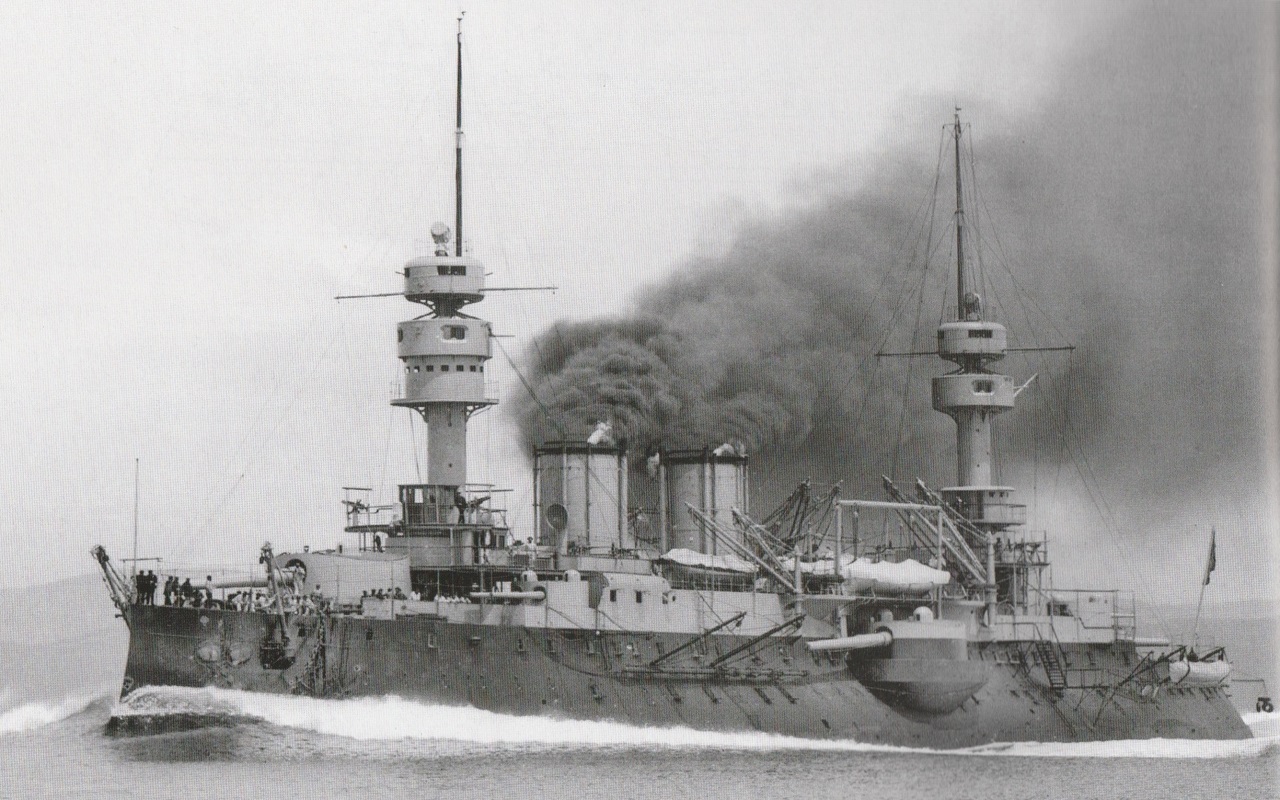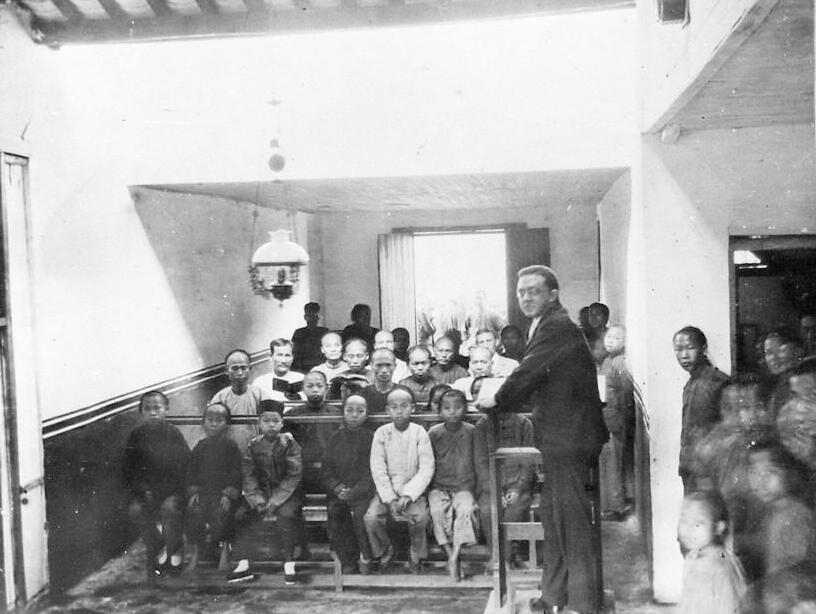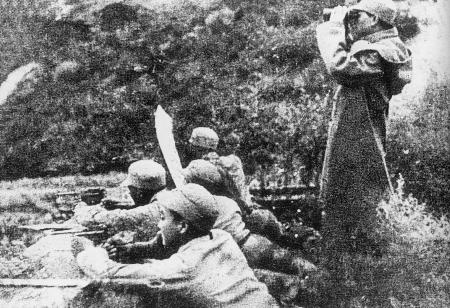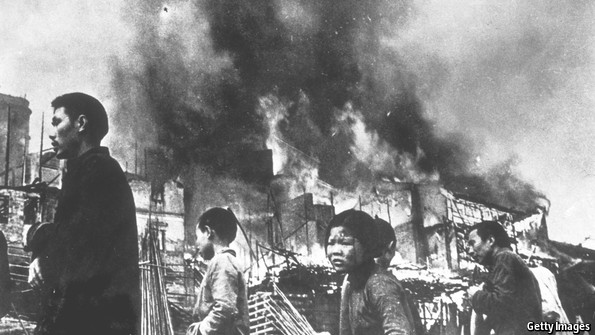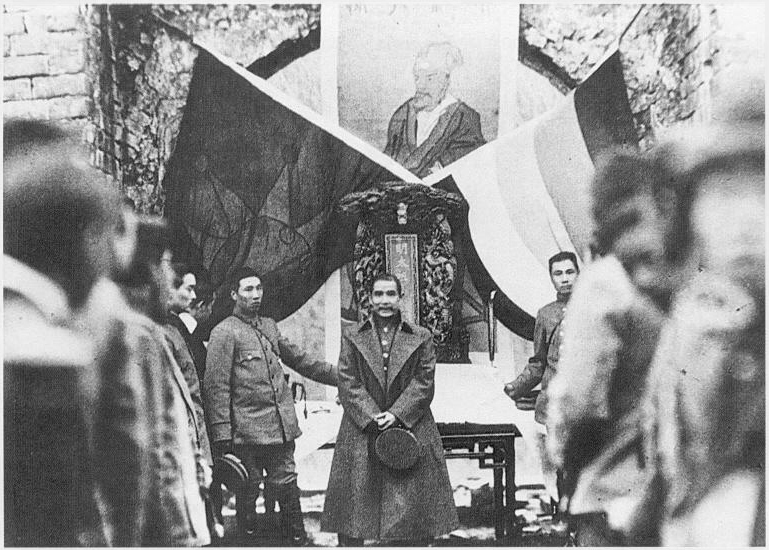The Xian Clique

"Destroy the seed of evil, or it will grow up to your ruin." - Hwang Weisheng, 'Proverbs of Xian'
After the 1899 Changtan Revolution the Royal Palace, once home to the Yong Dynasty, became the 'Liberation Palace' and home to the President of the Republic. President-General Chiang Cai Xiao had not been seen by anyone but the staff of the Palace and the Liberation Council for over two weeks. In fact, some began to suspect the President-General had become ill; but while the frost still hung in the air and upon the stones of the centuries old palace, the General and his wife Ye Liu were spotted leaving their home and visiting the city. The Presidential couple roamed one of the many markets that filled the former capital of the Xianese Empire and spoke with the locals for a large part of the afternoon before departing to the Min Theater to see 'The Jade Lily' by poet and lyricist Yon-Shao.

President-General Chiang Cai Xiao and Madame Ye Liu outside the Min Theater, circa 1905
Ye Liu, the presidential wife and general spokesperson for President-General Xiao, had grown to become a figurehead within the political sphere of Xianese society. Her generosity and constant visits to the poorer districts and regions of the nation had led to her becoming 'Madame' and 'Mother of Modern Xian'. So, with her always at the side of the President-General, the people of both bourgeois and proletarian classes began to love the couple and the gossip that came with it. Madame Ye Liu was born to the Liu Family, a former noble house that aligned itself with the Nationalists during the Revolution and supplied the White Tigers with their armaments throughout the Civil War. After the Revolution the Liu Family became rich off of their monopoly on whaling and the fisheries that lined the Xianese coast. Some, mostly those prone to conspiracies, even believed that the Liu Family only aligned with the Nationalists so they could steal the aquatic market for themselves and further line their own pockets. Regardless, a woman of such status marrying a man such as Xiao was uncommon both before and after the Republican era, for Xiao was far from royalty in the times leading up to the Revolution.
President-General Chiang Cai Xiao was born to the Task-Master of a steel mill in 1858, and spent most of his youth working in said mill. Unlike many children at the time, Chiang was able to get a moderate education due to his father's position and was one of the only children in his village who could read and write by the age of eight. In his teen years he enlisted in the Imperial Army and fought in the border clashes with the Yamarano Shogunate. Chiang was a sergeant during the Yamarano-Xianese war of 1883, and the war itself would see him rise to the rank of Lieutenant, however the mass loss of life faced by the Xianese Empire would forever stay with the young Officer and change his view of the Empire. After the war Chiang spent some time in northern Faresia, mostly Nasong and Basai, before returning to his home outside of Changtan and leading a garrison there. In the prelude years to the Revolution Chiang met Lu Wen-Yan and the two quickly became inseparable compatriots. Lu was from a noble family and had become a doctor working with the military, while Chiang had become Commandant of the Changtan garrison. By the time the Revolution had begun, the garrison was ordered to stand-down and the rebel forces seized the city's arms and overran the government offices, putting loyalists to the sword.

President-General Chiang Cai Xiao, circa 1886.
Lu Wen-Yan had kept his illness secret for many years, however he confided in Chiang the truth of his pain and it's incurability. Lu Wen-Yan had a congenital heart disease that narrowed blood vessels and reduced blood flow to the limbs. He told Chiang that the disease would eventually kill him by throwing a clot that would send him into cardiac arrest or a stroke, and that it was incurable. Little did either man know that by the end of the Revolution, the Father of the Revolution would be dead as he had predicted and his best friend his successor. To keep Lu's illness secret, all of the Chang-Five pledged to keep his death secret and turn Dr. Lu Wen-Yan into a marty for the Xianese people, dying by a gunshot wound from a loyalist gunman. Thus, in 1902, Chiang Cai Xiao became President-General of the Republic of Xian and Madame Ye Liu the Presidential Wife.
In January of 1906 a new national flag and anthem or the Republic were revealed by the Liberation Council. The flag, titled 'The White Sun of Xian' was designed by a Yamaranese immigrant artist named Kyoya Mitzui and sent in along with many other designs to be voted on. The flag uses the white sun, a symbol associated with both the White Tiger Nationalists and the sun rising in the east over Faresia. The usage of the sun in Xianese art and culture dates back to the Monghu Horde's usage of the sun as a religious figure in the days before Xian ever had it's own emperor or non-foreign ruler.
The new anthem, 'The Song of the Civil Revolution', is set to the tune of the Deltoran musical piece 'Frère Jacques' and preaches the words of Dr. Lu Wen-Yan's revolutionary piece 'The Principles of the People'.
Overthrow the foreign Powers,
Eliminate the warlords;
The citizens strive hard for the Revolution,
Joint affair to fight.
Laborers, farmers, students, and soldiers,
Make a great union!
Overthrow the monarchs,
Joint affair to fight.
Overthrow the foreign Powers,
Eliminate the warlords;
The Revolution is successful;
Joyfully sing in unison.
Though the anthem has been heavily criticized for it's Varian influence, the words of the song were agreed upon by both Radicals and Moderates within the Liberation Council, and thus it was accepted in a slim majority vote.
With the war against the Yamarano Shogunate officially over and the Treaty of Sagon signed by both Faresian Powers, the National Revolutionary Army returns victorious to Beiqling in a grand parade celebrating the noble sacrifices made by Xianese soldiers to protect Basai from Yamarano imperialism. Flags of all variants representing Xianese pride flew in the streets, for it was a day for all of those in the Republic to feel proud to be Xianese.



